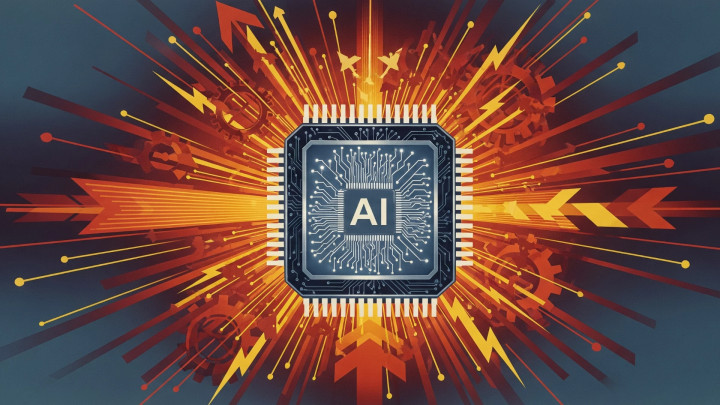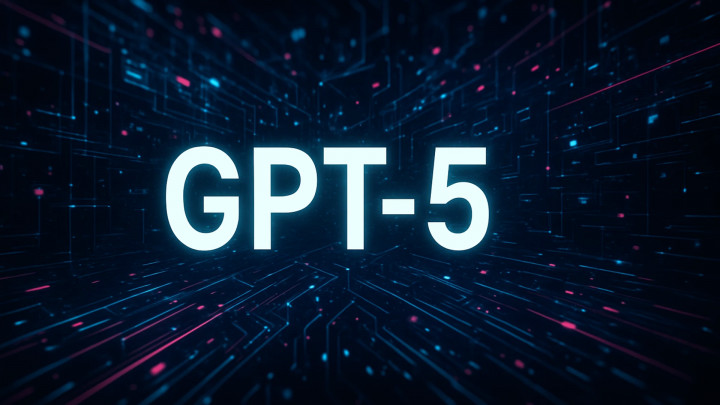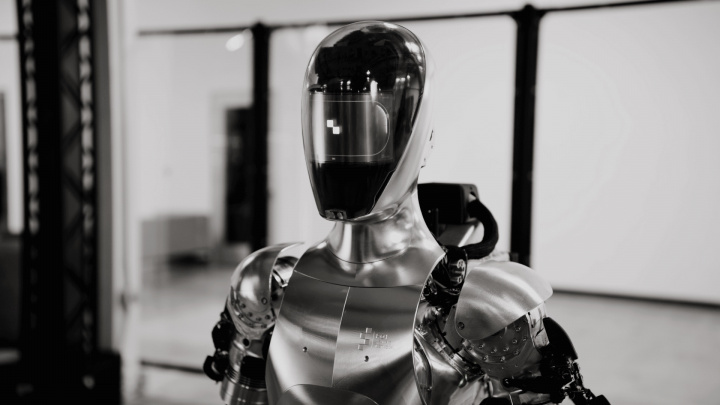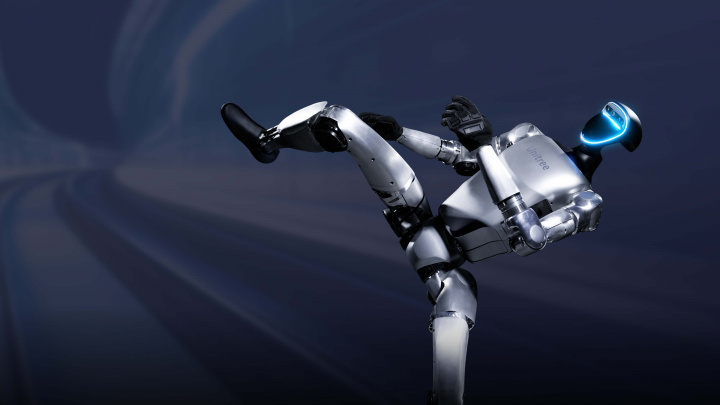Larry Ellison's Vision for Oracle's AI Future
Oracle co-founder, Chairman, and Chief Technology Officer (CTO), Larry Ellison, recently detailed ambitious artificial intelligence plans for the company. These include potentially massive investments in cutting-edge AI capabilities and exploring the construction of vast data centers powered by nuclear energy, signaling Oracle's intent to aggressively compete in the rapidly evolving AI landscape.

According to reports from Business Insider and other sources, Ellison's vision encompasses not only significant technological advancements but also touches upon potentially controversial ideas regarding AI-driven surveillance. This reflects Oracle's aggressive push to compete fiercely with established tech giants in the burgeoning AI market, leveraging its strengths in database technology and enterprise software, particularly through its Oracle Cloud Infrastructure (OCI).
The Scale of Oracle's AI Investment Ambition
Ellison has suggested that for a company to remain competitive in the AI race, investments potentially approaching $100 billion might be necessary over the next few years to build and sustain state-of-the-art AI models. This staggering figure highlights the intense competition and astronomical costs involved in the AI field. Oracle is actively pursuing opportunities within the AI industry, with numerous projects underway, including partnerships potentially leveraging resources like those from Elon Musk's SpaceX (though specific collaborations evolve). The company's ambitious plans reflect its determination to challenge tech giants like Microsoft and Google in the fast-growing AI market, despite being a relatively later entrant to the broader cloud computing market compared to hyperscalers.
Nuclear-Powered Data Centers Concept
A key part of the vision involves potentially building the world's largest data centers, powered by three small modular nuclear reactors (SMRs). This facility, envisioned to exceed gigawatt-scale power capacity, would house "acres of Nvidia GPU clusters" capable of training the most advanced AI models. While Oracle's current largest data centers operate around 800 megawatts, this proposed facility represents a significant leap in both physical scale and energy capacity.
The use of SMRs, which are essentially miniaturized versions of traditional nuclear reactors, is intended to provide a reliable and scalable power source for these energy-intensive AI operations. However, it's crucial to note that commercial SMRs are not yet widely operational, and estimated deployment timelines often point to the early 2030s at the earliest, making this a long-term, forward-looking concept.
AI and Cloud Integration (OCI)
Deep integration of AI into Oracle's cloud services (OCI) is paramount, particularly in areas like data analytics, business process automation, and decision-making. The company emphasizes multi-cloud capabilities, collaborating with AWS and Google Cloud to offer seamless experiences across platforms. This strategy includes offerings like Oracle Database@AWS and Oracle Database@Google Cloud, demonstrating Oracle's commitment to flexibility and customer choice in cloud environments. Integrating AI capabilities directly with its core database products is a key differentiator.
Additionally, Oracle is developing AI-driven security systems to combat cyber threats. Ellison has highlighted a shift towards autonomous security and biometric authentication methods intended to replace traditional passwords, leveraging AI for threat detection and response.
AI Applications in Healthcare (Post-Cerner)
In the healthcare sector, significantly bolstered by Oracle's major acquisition of electronic health records giant Cerner, Ellison envisions AI systems performing sensitive medical procedures (a highly futuristic view) and automating administrative tasks. He predicts AI systems capable of measuring infant spinal cords and skulls or updating electronic health records (EHRs) by interpreting doctor-patient conversations. These developments aim to improve diagnostic accuracy and streamline healthcare operations, leveraging the vast amounts of data now accessible through Cerner's platform.
Oracle is already partnering with organizations like the Mayo Clinic to develop AI-driven solutions specifically for the medical field, capitalizing on its strengthened presence in the healthcare industry via Cerner.
Summary
Larry Ellison's and Oracle's AI vision is ambitious and comprehensive, encompassing massive potential investments, pioneering technologies like SMR-powered data centers, and industry-transforming applications, especially in healthcare. While the plans are impressive, they face numerous challenges, including the practical hurdles of deploying SMRs and potential ethical considerations, particularly around any AI-driven surveillance aspects. The coming years will reveal how Oracle executes these plans and the impact this strategy will have on the technology industry and society as a whole, as it attempts to carve out a leading role in the AI revolution.





